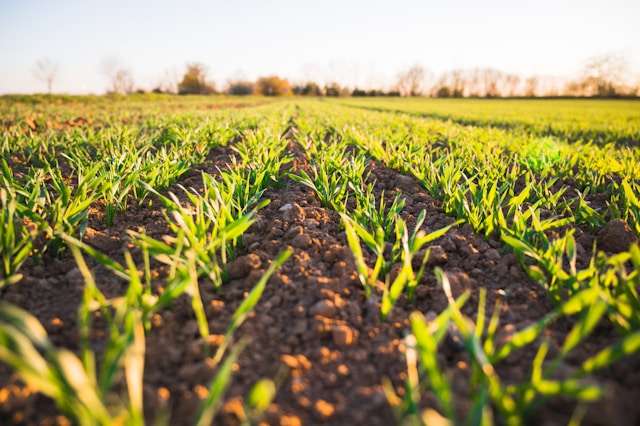Computação quântica: Um divisor de águas na agricultura inteligente

A estudo recente sheds light on a novel approach to agriculture management: integrating concepts from the fourth industrial revolution, particularly quantum computing.
Traditionally, agriculture has grappled with challenges such as resource allocation, environmental monitoring, and decision-making for optimal crop production. However, the emergence of quantum computing presents a promising solution to revolutionize smart agriculture practices.
Quantum computing’s unparalleled computational power enables advanced optimization algorithms for resource allocation, quantum-enhanced machine learning models for crop disease prediction, and sophisticated simulation tools for assessing climate change impacts on agricultural productivity.
Não perca essa chance! Assine nosso boletim informativo para receber o conteúdo mais recente diretamente em sua caixa de entrada ou registro GRATUITAMENTE para obter acesso total.
The study, conducted through a comprehensive literature review, delved into the potential applications of quantum computing in agriculture. Results indicated that harnessing quantum systems’ inherent parallelism and computational speed could provide farmers with precise insights and recommendations to maximize yield while minimizing environmental impact.
By integrating quantum computing into agriculture, farmers can achieve more efficient resource allocation, precise monitoring of environmental conditions, and intelligent decision-making for optimal crop production. Moreover, this innovative approach holds promise in controlling pests and diseases while mitigating inherent risks associated with traditional farming methods.
The implications of quantum computing in agriculture are profound. It offers a paradigm shift towards sustainable crop management, increased productivity, and profitability. As the agricultural sector embraces the era of the fourth industrial revolution, quantum computing emerges as a pivotal tool for shaping the future of farming.


Respostas